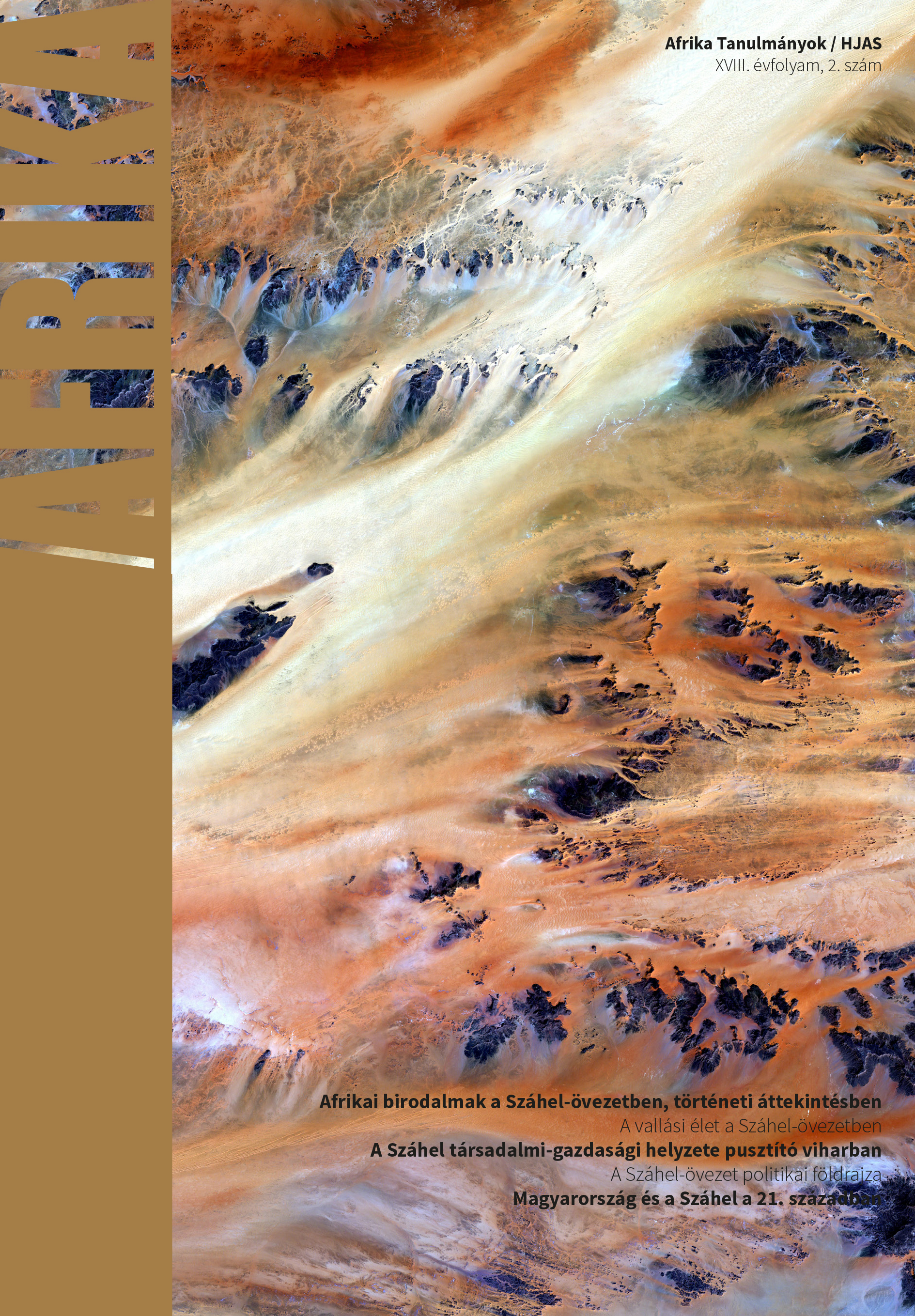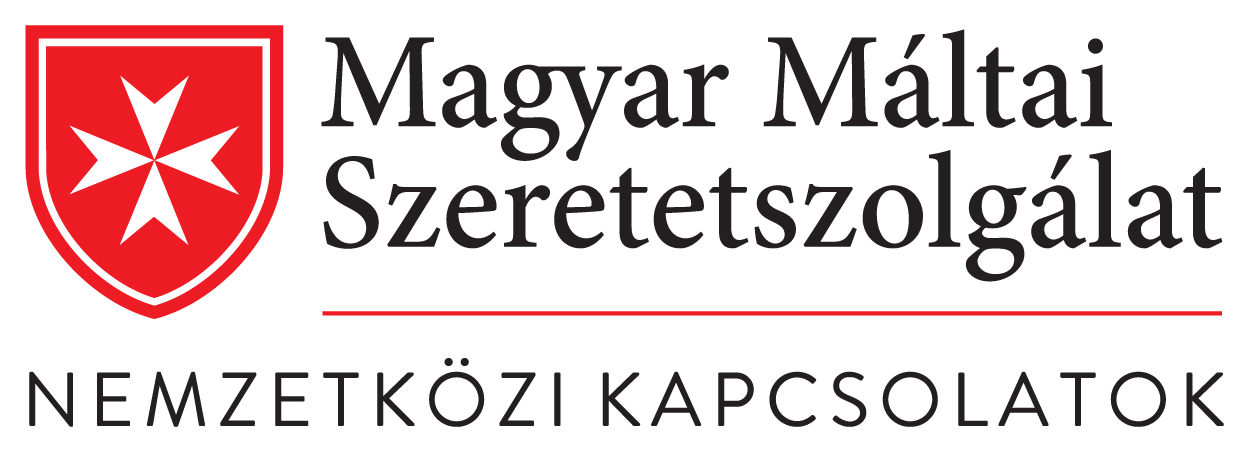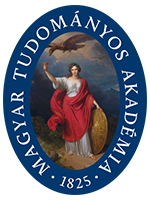Magyarország és a Száhel a 21. században
DOI:
https://doi.org/10.15170/AT.2023.18.2.5Kulcsszavak:
Déli Nyitás, Afrika-stratégia, Száhel, Csád, misszió, Stipendium HungaricumAbsztrakt
A Száhel jelentőségének felértékelődése Magyarország számára nem a véletlen műve, hanem szervesen következik az elmúlt évek magyar kül- és biztonságpolitikájának alakulásából. Ez egyben illeszkedett az Európa-szerte megfigyelhető tendenciákba, amelyek során az addigi széttartó és ad hoc jellegű uniós és tagállami szerepvállalás egyre inkább a Száhelre összpontosult. A földrajzi fókuszváltás emellett koncepcionális átalakulást is magába foglalt, melynek keretében az addigi egydimenziós feladatokat komplexebb, kormányzati és nem kormányzati szereplőket és feladatokat is magukba foglaló tervek váltották fel. A Száhelről az általános és a specifikus magyar tudások is további bővülést és mélyülést igényelnek, melyhez elengedhetetlen a kormányzat együttműködése a nemzetközi és az afrikai aktorokkal, egyúttal a hazai és nemzetközi tudományos élet szereplőivel. A tanulmány kronologikusan tekinti át a magyar Afrika-politika alakulását, fókuszálva a Száhelnek a magyar kül- és biztonságpolitikában betöltött/betölthető helyére és szerepére. Az írás számos dokumentumot, médiamegjelenést elemez, amelyet kiegészítenek releváns szereplőkkel készített interjúk.
Downloads
Megjelent
Hogyan kell idézni
Folyóirat szám
Rovat
License

This work is licensed under a Creative Commons Attribution-NonCommercial-NoDerivatives 4.0 International License.
















